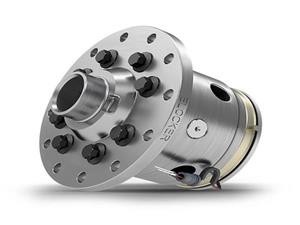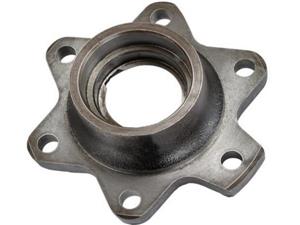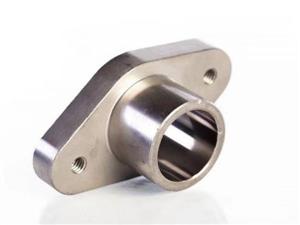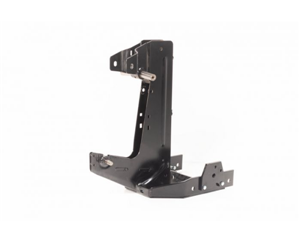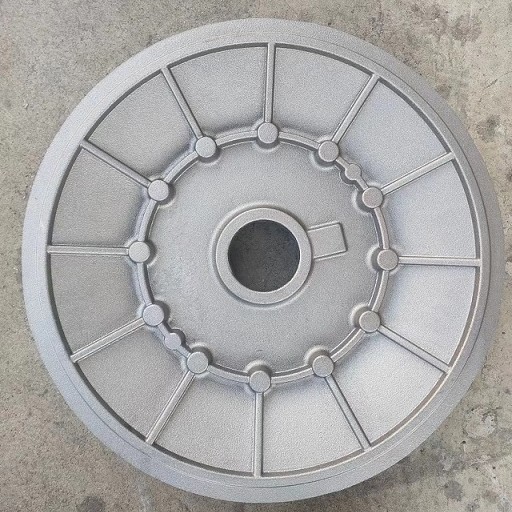What materials are commonly used for casting molds
With the continuous development of industry, casting molds have become an indispensable tool in the production of metal castings. The material selection of casting molds is also crucial. So, what materials are commonly used for casting molds? What are the advantages of different materials?
1. Cast iron material is one of the commonly used materials in casting molds. Cast iron is an iron alloy containing 2-4% carbon, which has good casting performance and high strength, and is widely used in the manufacturing of casting molds. Cast iron molds have good wear resistance and high temperature resistance, making them suitable for casting large castings and castings with low requirements.
2. Steel material is also one of the commonly used materials in casting molds. Steel materials have high strength, hardness, and wear resistance, making them suitable for manufacturing high-precision and high demand casting molds. The advantages of steel materials are good stability, long service life, and suitability for high-precision and high-quality casting products.
3. Aluminum alloy material is one of the casting mold materials that has received increasing attention in recent years. Aluminum alloys have high strength and lightweight characteristics, and are widely used in fields such as automobiles and aviation. The advantages of aluminum alloy molds are light weight, good thermal conductivity, high forming accuracy, and long service life.
4. Copper alloy material is also one of the commonly used materials in casting molds. Copper alloys have good conductivity and thermal conductivity, making them suitable for manufacturing high-precision electronic components, etc. Copper alloy dies have the advantages of good corrosion resistance, small coefficient of thermal expansion, good thermal conductivity and high molding precision.
The material selection of casting molds should be determined based on specific application scenarios and requirements. The advantages of different materials also vary. The manufacturing of casting molds requires selecting different materials according to different needs to ensure the quality and service life of the molds.

